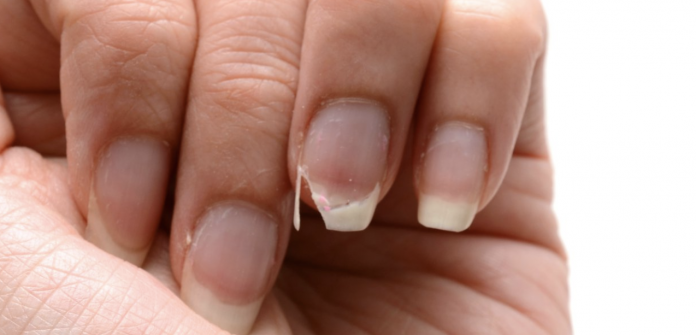We all know the importance of nutrition and how it can impact our overall health. Both adults and children are advised to consume a good amount of calcium. For men and women aged between 19 and 50 years old should consume 1 g of calcium daily, for women over the age of 51 and men over 71, calcium consumption should be 1,2 g a day.
If someone does not consume enough calcium regularly, then they are at risk of dangerous calcium deficiency problems. As an example, calcium deficiency makes the body release the PTH hormone that breaks down bone tissue to compensate to low levels of calcium in the blood. Osteoporosis can happen due to calcium deficiency in the long run. Without further ado, here are the 8 signs of calcium deficiency.
1. Leg cramps
Low levels of calcium can potentially cause spasm to nerve endings, for that reason nocturnal cramps in calves, quads, and hamstrings are to be expected because they are a sign of calcium deficiency.
2. Tingling or numbness
Another sign of calcium deficiency is tingling and/or numbness in both the hands and the feet.
3. Cavities
Extra cavities are a sign of low calcium levels. When your body does not get enough calcium from outside nutrition, it starts searching for calcium from its resources like teeth and bones.
4. Peeling nails
Nails are another store full of calcium. If your nails are peeling, then your body is searching for calcium elsewhere. Make sure to consume more green vegetables to gain some more calcium.
5. Difficulty sleeping
Calcium helps the body to produce important hormones like melatonin (the sleep hormone). When calcium levels are high, the body starts resting more and you enter the sleeping phase quickly. If you can’t fall asleep or reach the deep sleep phase, then it’s a sign of calcium deficiency.
6. Humped posture
If you start experiencing pain in your back and neck, then it’s a sign of calcium deficiency. Furthermore, if your body starts stooping, then it’s because of the calcium deficiency that weakens the bones.
7. Memory loss
Calcium deficiency can lead to hallucinations and memory loss.
8. Seizures
Neurotransmitters functions and muscle contraction depend heavily on calcium levels. If you are experiencing seizures, then it’s probably related to calcium deficiency.










